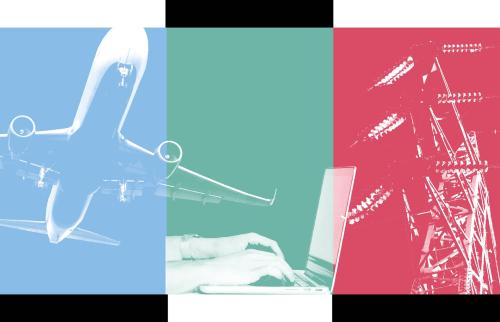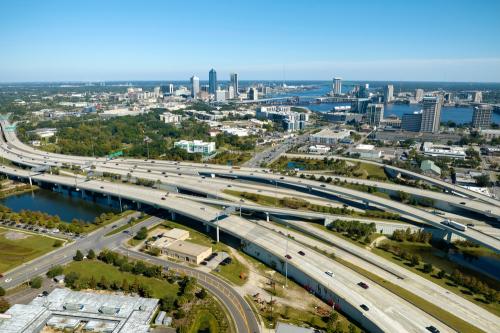President Barack Obama starts his term with the highest rating of any recent new president. According to national public opinion polls, nearly three-quarters of Americans are favorably predisposed to him.
Yet maintaining public support will be a major challenge. Presidential popularity typically slips as the economy nose-dives. By all indications, unemployment is expected to rise significantly over the next year. It is nearly impossible for any elected political leader to maintain support when the economy is as weak.
The one exception to this general trend, though, was Franklin Roosevelt. Although his presidency pre-dated modern polling, all the indications are that Roosevelt maintained strong electoral support even as the 1930s economy got worse and worse. His party managed the impressive feat of increasing their numbers in the first midterm election. And Roosevelt himself was re-elected three times.
What allowed Roosevelt to maintain popularity in the face of dismal economic news was his oratorical skills, ability to keep people hopeful about the future, and innovative efforts to revive the economy.
His speaking ability and use of new technologies such as radio to communicate with ordinary Americans helped him ride out the typical fluctuations in presidential popularity during bad economic times. While others dwelled on the present, he kept people focused on the future. He threw out the policy playback that had guided experts’ views about the economy and tried new approaches, some of which were quite radical within the political context of his era.
In this regard, Obama is well-positioned to maintain his personal popularity. Like Roosevelt, he is a gifted public speaker whose ability to inspire hope, confidence, and optimism is legendary. He relates well to ordinary folks and understands how to communicate in terms people understand.
He furthermore has mastered the new communications vehicles of today. His campaign employed state-of-the-art new technologies for public outreach and relied on YouTube, Facebook, MySpace, and electronic communications to engage supporters and defuse opposition.
He has offered a bold and ambitious economic stimulus package consisting of initiatives from traditional infrastructure development to proposals to extend rural broadband, invest in health information technology, and make federal buildings more energy efficient.
The biggest threat to Obama’s popularity is not only going to be the deep economic circumstances he is inheriting, but the pervasive public mistrust of Washington government. Polls have found that trust in government is at an all-time low. People believe politicians are in it for themselves and not serving the common good. Although voters generally like Obama personally, many will be skeptical of his motives as he rolls out new policy prescriptions. They will look for hints of politics as usual, backroom deals, and personal corruption.
The most challenging hurdle for President Obama will be to convince people that his proposals have merit and that voters should be confident in the face of grim economic news. Hope in the face of adversity and mistrust needs to be the theme of Obama’s first year.



Commentary
Op-edMaintaining Presidential Popularity During a Recession
January 22, 2009